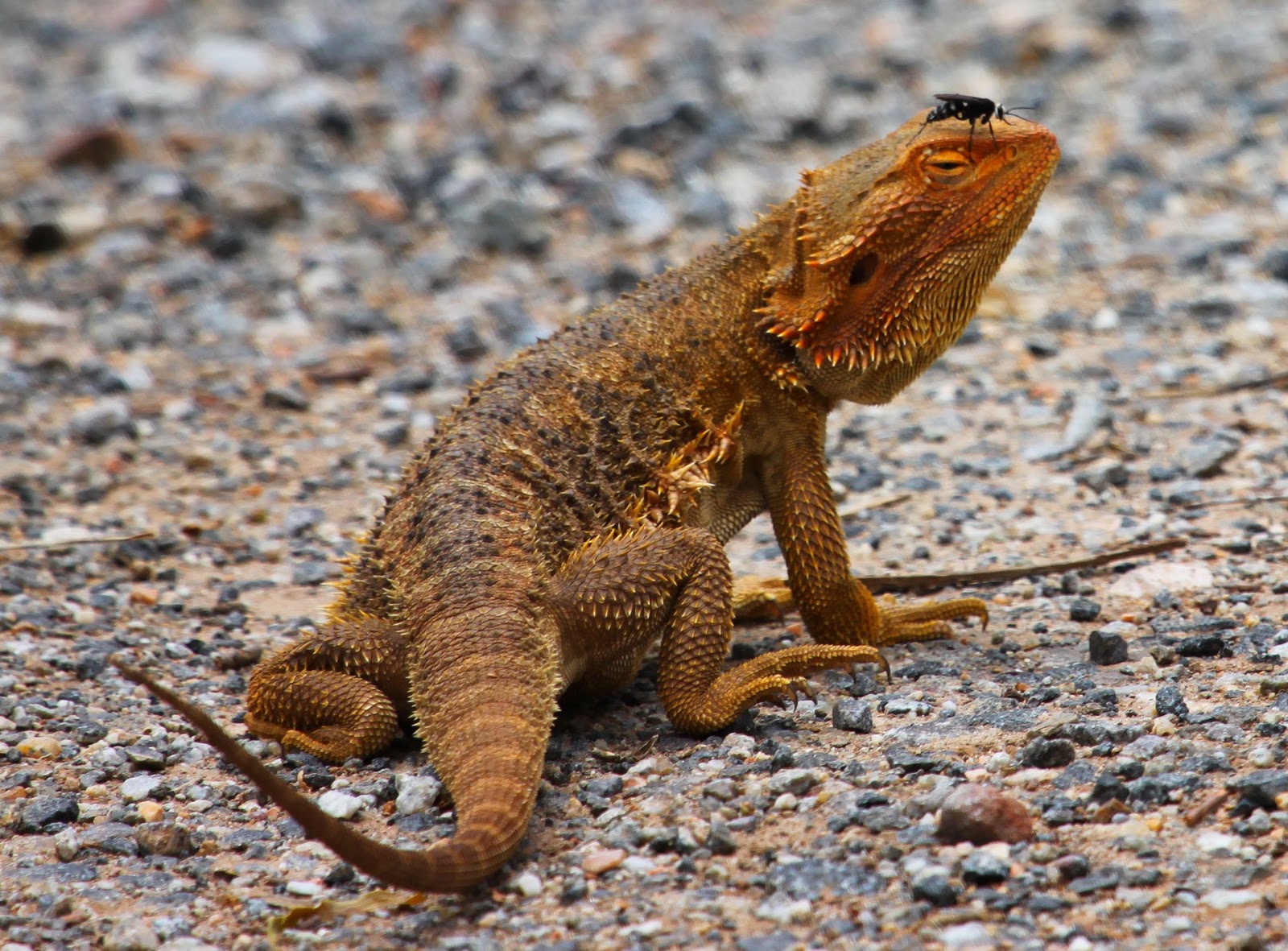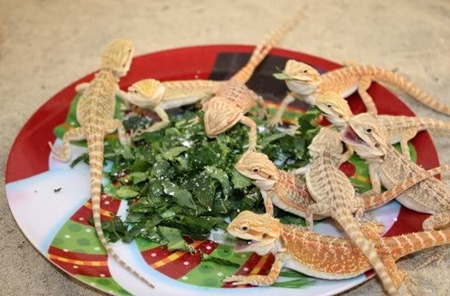Can Bearded Dragons Eat Eggs? The Ultimate Guide for Beginners
Introduction
Bearded dragons are one of the most popular pet reptiles, known for their docile nature and unique appearance. However, as a beginner pet owner, one of the most crucial things to know is what to feed your bearded dragon to ensure a healthy and happy life. One question that often comes up is whether bearded dragons can eat eggs. In this guide, we’ll explore the benefits and risks of feeding your bearded dragon eggs, how to prepare and serve them, and what other foods to incorporate into their diet.
Benefits of Feeding Bearded Dragons Eggs
Eggs are an excellent source of protein, containing all the amino acids needed for a bearded dragon’s growth and development. They also contain essential vitamins and minerals such as calcium, vitamin D, and phosphorus, which are vital for healthy bone growth and maintenance.
Risks of Feeding Bearded Dragons Eggs
While eggs can be a nutritious addition to a bearded dragon’s diet, they also come with some risks. One of the biggest concerns with feeding eggs to bearded dragons is the potential for salmonella contamination. This is why it is critical to ensure that the eggs are prepared and stored properly to avoid any risk of bacterial infection. It is also essential to ensure that the eggshells are thoroughly washed and cleaned as they may contain harmful bacteria.
Preparing and Serving Eggs to Bearded Dragons
If you choose to feed your bearded dragon eggs, they should be cooked and served without seasoning. Boiled or scrambled eggs are the best options. Bearded dragons should not be fed raw eggs as they may contain harmful bacteria, and the biotin in raw egg whites may prevent the absorption of other essential vitamins and minerals. You can also chop up hard-boiled eggs and mix them in with their regular food or use them as a treat.
Other Foods to Incorporate into a Bearded Dragon’s Diet
Eggs should not be the only food in a bearded dragon’s diet. A healthy and balanced diet should consist of 80% vegetables and 20% protein. Some examples of vegetables that are safe for bearded dragons to eat include collard greens, kale, dandelion greens, and butternut squash. Protein sources can include insects such as crickets, mealworms, and roaches, as well as pinky mice (for adult bearded dragons only.)
Conclusion
In summary, bearded dragons can eat eggs, but they should be cooked and served without seasoning, and should not be the only source of food in their diet. While eggs can be a great source of protein and essential nutrients, there is a risk of bacterial contamination, and it is crucial to prepare and store them properly. As always, consult with your veterinarian before making any significant changes to your bearded dragon’s diet.







